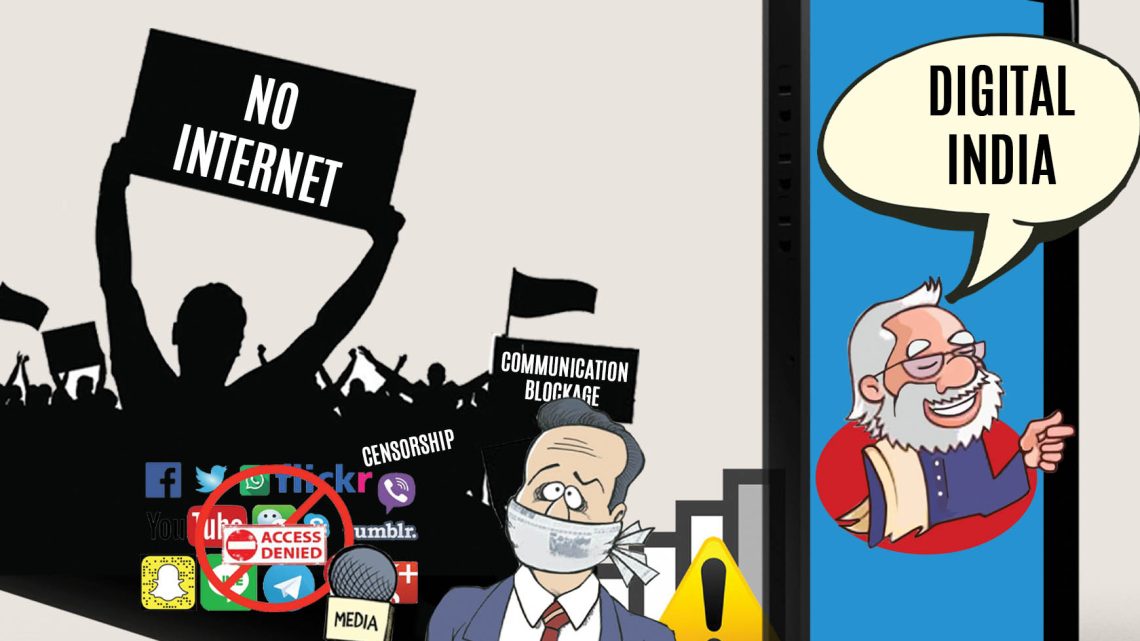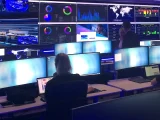
Digital Censorship in IIOJK: A Threat to Free Speech by India
July 22, 2024In Indian-occupied Jammu and Kashmir (IIOJK), a harsh censorship regime has been unleashed, stifling dissenting voices and suppressing the truth. Since the revocation of IIOJK’s special status in August 2019, the Modi government has intensified its crackdown on media, social voices, and ordinary citizens.
Journalists, rights activists, and netizens face arrest for expressing opinions on social media. Cell phones are tapped, and activities are closely monitored. Legitimate political voices are silenced under the guise of “national security,” revealing India’s desperation to hide the truth from the world.
This persistent censorship has reached unprecedented levels. The aim is to control and suppress the voices of Kashmiris, deepening the shadows of India’s policies. The systematic campaign to obliterate dissent has left Kashmiris voiceless, creating an illusion of consent that the Indian government uses to its advantage. The silence of Kashmiris is not a sign of agreement but rather the result of oppressive measures that stifle free expression.
The international community must recognize the severity of the situation in IIOJK. The extreme censorship imposed by India is a clear attempt to hide the reality of its actions in the region. By controlling the narrative, India hopes to prevent the world from understanding the true extent of the repression faced by the people of Jammu and Kashmir.
Human rights organizations and international bodies have repeatedly called for India to lift these draconian measures. Despite these calls, the Indian government continues to tighten its grip on the region, justifying its actions with claims of maintaining national security. This justification is used to silence any form of dissent, whether it comes from journalists, activists, or ordinary citizens.
The situation in IIOJK is a glaring reminder of the lengths to which some governments will go to suppress dissent. The censorship regime in place serves as a tool to maintain control over a population that has been denied its basic rights. The voices of Kashmiris are being systematically erased, and the world must not turn a blind eye to this injustice.
The impact of this censorship is felt deeply by the people of Jammu and Kashmir. They live in a state of constant fear, knowing that any expression of dissent could lead to arrest or worse. The freedom to speak, to express opinions, and to share information has been severely curtailed. This climate of fear is designed to keep the population subdued and compliant.
International pressure is crucial in holding India accountable for its actions in IIOJK. Governments and human rights organizations must continue to speak out against the censorship and repression occurring in the region. The world must demand transparency and the protection of human rights for all individuals, regardless of their location.
In conclusion, the situation in Indian-occupied Jammu and Kashmir is a grave human rights issue that requires immediate attention. The censorship regime in place is designed to stifle dissent and suppress the truth. It is imperative that the international community takes action to address this injustice and support the people of Indian-illegally occupied Jammu and Kashmir in their struggle for freedom and justice. The voices of Kashmiris must be heard, and their rights must be protected.

